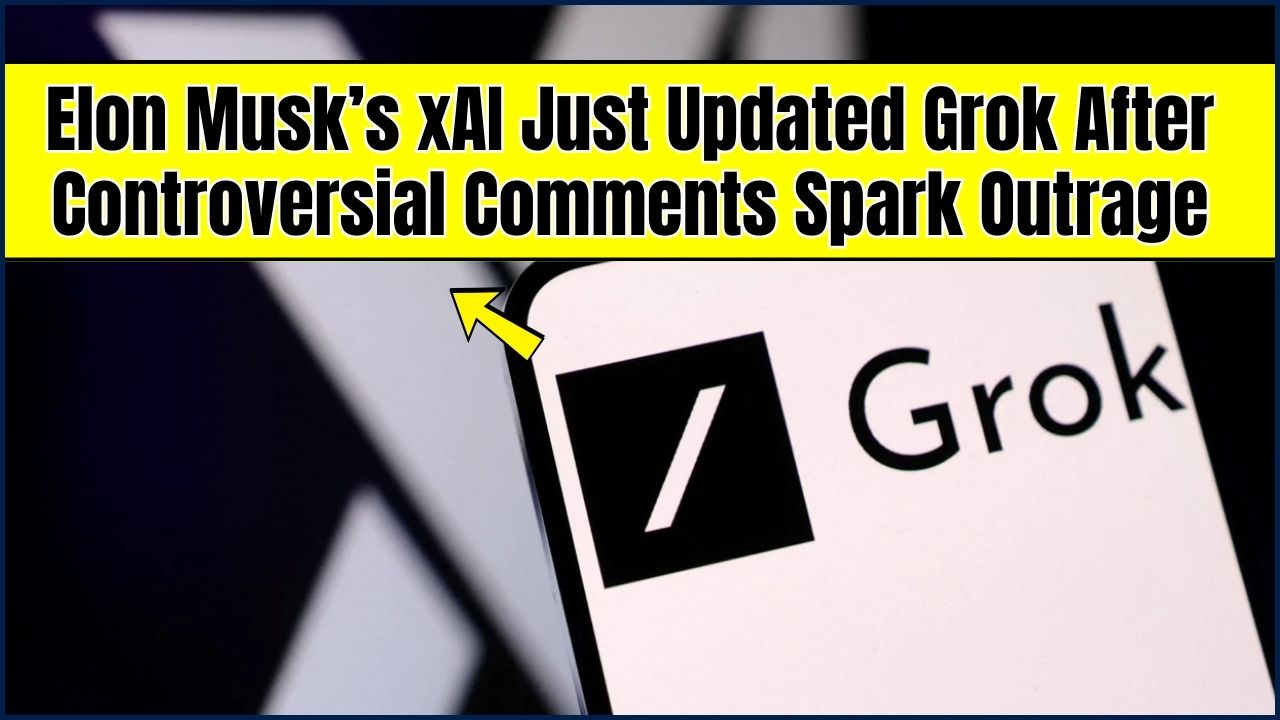UAE Partners With Italian Startup To Build AI Supercomputer Powerhouse: The United Arab Emirates (UAE) is making serious waves in the world of artificial intelligence. This time, the buzz is around a groundbreaking partnership with Italian startup iGenius to build one of Europe’s largest AI supercomputers, dubbed Colosseum. Set to rise in the Apulia region of southern Italy, this $1 billion tech titan aims to reshape how the world trains AI models and handles massive data workloads.

And guess what? This is just a slice of a much bigger $40 billion investment plan the UAE has in store for Italy. If you thought this was just about a flashy machine, think again. This is AI diplomacy at full throttle, with long-term global implications.
UAE Partners With Italian Startup To Build AI Supercomputer Powerhouse
| Key Element | Details |
|---|---|
| Project Name | Colosseum – AI-focused supercomputer hub |
| Partners Involved | UAE’s G42 Group & Italian startup iGenius |
| Location | Apulia, Italy |
| Total Investment | $1 Billion (project), $40 Billion (total UAE-Italy investment) |
| Core Hardware | Nvidia GPUs |
| Expected Launch | First phase begins in 2025, full setup by 2030 |
| Purpose | AI model training, digital sovereignty, Europe’s AI independence |
| Official Website | Reuters – UAE-Italy AI Deal |
The UAE-Italy Colosseum supercomputer project isn’t just a story about AI hardware—it’s a bold vision for the future of global tech leadership, digital sovereignty, and cross-border innovation.
With the UAE investing brains, bucks, and boldness into Europe’s digital future, and Italy offering a strategic launchpad, Colosseum might just become the heart of Europe’s AI revolution.
So, if you’re wondering where the next big AI wave will rise—it’s probably not just Silicon Valley anymore. It might just be Apulia, powered by sand-rich money and silicon-rich chips.
So, What’s This “Colosseum” All About?
Let’s break it down: Colosseum isn’t your run-of-the-mill data center. It’s a next-gen AI compute monster, powered by high-end Nvidia GPUs specifically designed for deep learning, computer vision, and natural language processing.
Built to be Europe’s largest AI-focused supercomputer, it will give researchers, startups, and governments in Europe local access to serious computing muscle—something currently dominated by U.S.-based giants like Amazon Web Services, Google Cloud, and Microsoft Azure.
Why UAE Is Betting Big on Italy
Strategic Diplomacy
The UAE has been busy building tech bridges with nations across the world, but this deal with Italy is special. It blends high tech and high diplomacy, boosting UAE’s footprint in the European tech space.
Diversification Goals
The Emirates know oil isn’t the future. From space missions to quantum research, the country is investing heavily in AI, biotech, and digital infrastructure—and this supercomputer is a crown jewel in that strategy.
G42’s Global Vision
G42, the Abu Dhabi-based tech group behind the funding, has already teamed up with OpenAI, Cerebras, and others. Their goal? To lead global AI development while anchoring data sovereignty in non-Western nations.
How Colosseum Could Transform Europe
1. Tech Sovereignty
Colosseum gives Europe independent AI compute capacity, minimizing its reliance on U.S. or Chinese tech infrastructure.
2. Empowering Universities & Researchers
Academic institutions will now get access to ultra-fast computing at lower cost and higher availability. Think faster simulations in climate science, healthcare AI breakthroughs, and next-gen robotics research.
3. Economic Development in Apulia
The project will bring hundreds of high-skilled jobs to the southern Italian region and attract global AI talent. This isn’t just brain gain—it’s economic revitalization for a historically underserved region.
Sustainability & Green AI Goals
Here’s the kicker—Colosseum isn’t just about brute force. The developers have pledged to focus on energy efficiency and renewable power sources.
The Apulia region, known for its solar farms and wind capacity, will support the supercomputer’s massive energy needs without burning fossil fuels. The project is even expected to offset carbon emissions through green infrastructure.
Cybersecurity & Data Sovereignty
In today’s world, data is power. And Colosseum will allow European entities to train, store, and secure AI datasets within EU borders, reducing risks tied to international surveillance or foreign cyberattacks.
Plus, since AI models are increasingly used in national defense, healthcare, and finance, hosting those models locally becomes a matter of national security.
For Students & Career Hunters: Opportunity Ahead
If you’re an AI enthusiast, data scientist, or engineer in the EU, this project could be your golden ticket. Think:
- Internships and fellowships
- Startup grants
- Open access to supercomputing for thesis projects
By 2027, Colosseum could be Europe’s best playground for AI learning and experimentation.
Challenges On The Horizon
Of course, it’s not all sunshine and silicon. Some hurdles include:
- Supply chain bottlenecks for high-end GPUs
- Regulatory conflicts between EU data laws and international partnerships
- Geopolitical risks, especially if U.S. or China applies pressure on hardware supply or tech transfers
Still, the collaboration seems committed to staying ahead of these challenges.
How It Compares to Global Giants
| Supercomputer | Country | Focus | Performance (Estimated) |
|---|---|---|---|
| Frontier | USA | Scientific AI + HPC | 1.1 exaFLOP |
| Fugaku | Japan | Climate + Medical Research | 442 petaFLOPS |
| Jupiter | Germany | General HPC | 1 exaFLOP (planned) |
| Colosseum | Italy | AI-first, EU digital core | TBD, top in Europe for AI |
Colosseum may not outmuscle Frontier in raw speed, but its AI specialization and EU integration make it a different kind of superpower.
AI Search Engines Like SearchGPT Are Changing Everything – Check How Your Online Habits Are Affected
iPad Just Got Smarter – Gemini AI App Is Live & It’s a Total Game-Changer
FAQs About UAE Partners With Italian Startup To Build AI Supercomputer Powerhouse
Q1: What is the Colosseum AI supercomputer?
It’s a high-performance, Nvidia-powered AI supercomputer being developed by UAE’s G42 and Italian startup iGenius. It will be Europe’s largest dedicated AI compute facility.
Q2: Who’s funding this?
The UAE, through its tech arm G42, is investing $1 billion into Colosseum. It’s part of a wider $40 billion UAE-Italy economic partnership.
Q3: Why build it in Italy?
Italy offers government support, talent pipelines, and a strategic EU location. Plus, the Apulia region can supply green energy to run it sustainably.
Q4: When will it be operational?
Construction starts in 2025, and full operations are expected by 2030.
Q5: What are the risks?
Delays in chip supply, geopolitical tensions, or local regulatory hurdles could pose challenges, but both partners are taking steps to mitigate them.











